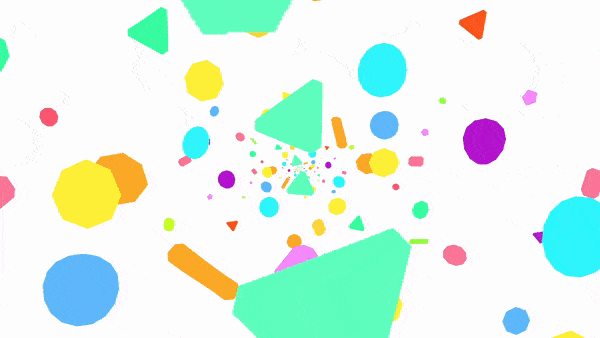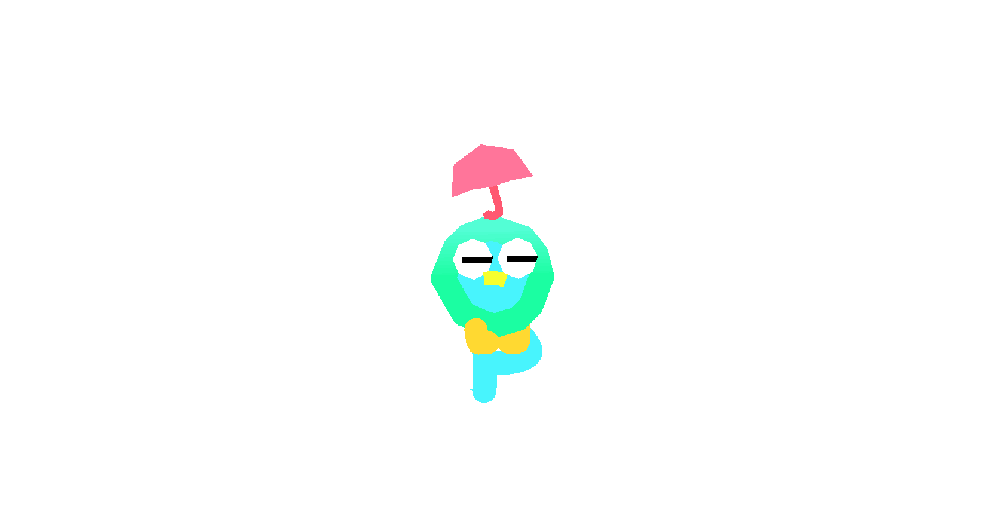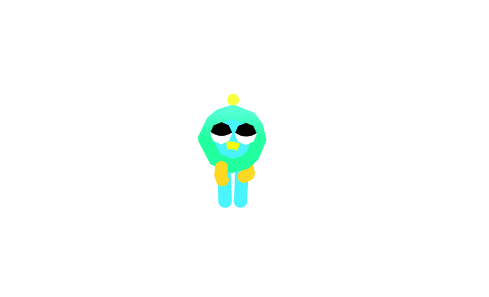
Last month, V&A Dundee announced something rather exciting.
To complement their upcoming exhibition, Videogames: Design/Play/Disrupt (running from 20 April until 8 September 2019), they have commissioned Plaything: a web-based game, which is capable of being exhibited publicly.
It's being created BAFTA-winning filmmaker Will Anderson and game maker Niall Tessier-Lavigne, who have received National Lottery Funding through Creative Scotland's Open Project Fund for a mobile app version of the game.
The Open Project Funding will cover different elements that work towards the mobile version of the game, including narrative, visual development, and practical implementation specific to mobile devices.
Meanwhile, the V&A Dundee commission is a web-based game, featuring a blend of hand-crafted animation and interactive generative art.
We caught up with Will Anderson to find out more.
For the past eight years, I’ve been writing and directing my own personal short films, films for web, working on my first feature project, and I have worked as a designer at various places also.
Games are in our pockets - perhaps as we speak. They can’t help but influence us, surely- Will Anderson
I moved to Edinburgh to study animation at the Edinburgh College of Art, graduating in 2011. I’ve always been interested in animation for as long as I can remember, as well as drawing and illustration.
Plaything is a collaborative project between myself and Niall Tessier-Lavigne.
We met after I shared my most recent short film, Have Heart, online over email. As he is a gamemaker, we met up and decided we could work on a project together and Plaything has been growing.

Plaything allows the user to create a small animated life, which you can interact with over a short period of time.
What we are building is a short, moving experience, which changes depending on how you interact with it.
We are concerned with making a game which has kindness at its core, and allows you to slow down and think about how you spend time alone and with people you love.

The web-based game for the V&A [is] live in a browser, and will be cursor-led in terms of how you interact with the creation.
We have been writing storylines and implementing them to include the cursor as a physical form, which changes function sometimes, to drive the story forward.
The mobile app will have to consider the removal of cursor, and consider a whole different subset of interaction between creator and the character.
Concept-wise, I believe Plaything will be a longer/more involved, and perhaps more intimate, experience when it ports to mobile.
I think digital media is integrated into most of our lives, generally speaking. Games are in our pockets, perhaps as we speak. They can’t help but influence us, surely.
A big part of Plaything is about how you connect with digital technology these days, and I think ours is wanting to create a physically emotional experience with as much visual simplicity as possible.
I hope that people empathise with their little creation and are left moved by the experience.
Plaything was the winner of V&A Dundee's digital commission. Videogames: Design/Play/Disrupt is at V&A Dundee from 20 April - 8 September 2019. Find out more about the progress of Plaything at vam.ac.uk/dundee/articles/playthings-progress-part-one.
All images/GIFs courtesy of Will Anderson